Article Topics
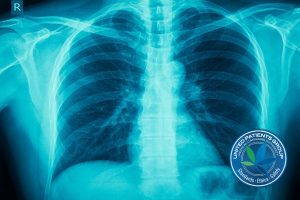 Sixteen million Americans are currently living with a diagnosis of Chronic Obstructive Pulmonary Disease (COPD), and the U.S. Centers for Disease Control (CDC) estimates up to another 11 million people have the disease but have not yet been formally diagnosed with it. A blanket diagnosis for a group of diseases of the lungs that slowly robs sufferers of the ability to breathe through a vicious cycle of inflammation, tissue damage, and constriction of the sacs in the lungs (alveoli) that are responsible for exchanging oxygen and carbon monoxide as we breathe, COPD is the third most common cause of death in the nation.
Sixteen million Americans are currently living with a diagnosis of Chronic Obstructive Pulmonary Disease (COPD), and the U.S. Centers for Disease Control (CDC) estimates up to another 11 million people have the disease but have not yet been formally diagnosed with it. A blanket diagnosis for a group of diseases of the lungs that slowly robs sufferers of the ability to breathe through a vicious cycle of inflammation, tissue damage, and constriction of the sacs in the lungs (alveoli) that are responsible for exchanging oxygen and carbon monoxide as we breathe, COPD is the third most common cause of death in the nation.
The COPD label encompasses two of the most common lung disorders in North America—emphysema and chronic bronchitis—both associated with cigarette smoking. Exposure to inhaled environmental pollutants like sawdust, ash, industrial and secondhand smoke, chemicals, and other toxins is also a known risk factor.
When Star Trek actor Leonard Nimoy passed away from complications of COPD in 2015 (even though he had given up cigarettes 30 years prior), public awareness of the condition grew. Troubled British diva Amy Winehouse was reportedly diagnosed with the disease four years before her premature death from alcohol poisoning, at just 24 years of age, while former supermodel Christy Turlington discovered at age 31 that she, too, had early-stage COPD, proving nobody is too young to develop this chronic, progressive, and irreversible breathing disorder.
While there is currently no cure for COPD, emerging research into the anti-inflammatory and bronchodilating properties of medical cannabis suggests marijuana may offer promising relief for COPD’s debilitating symptoms and discomfort, depending on the route of administration.
COPD Symptoms and Diagnosis
COPD develops in stages. At stage 1, many people may write off symptoms because they are typically minor and mimic those of a cold or allergies, but this is the stage at which the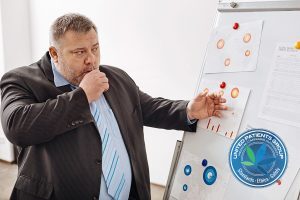 disease is most treatable, at which progression to later stages may be arrested or prevented. So, if you or a loved one or a smoker and develop these symptoms, don’t hesitate to see a doctor, who can perform lung function tests that determine how much your lungs can hold and how quickly you can exhale; these tests, among others, can determine whether lungs are damaged very early in the disease process.
disease is most treatable, at which progression to later stages may be arrested or prevented. So, if you or a loved one or a smoker and develop these symptoms, don’t hesitate to see a doctor, who can perform lung function tests that determine how much your lungs can hold and how quickly you can exhale; these tests, among others, can determine whether lungs are damaged very early in the disease process.
- Ongoing cough
- Increased mucus production
- Shortness of breath
- Wheezing
- Fatigue
Sufferers in later stages of the disease may face greater rates of disability, even requiring oxygen to accomplish basic tasks like bathing or brushing their teeth, due to damaged alveoli and narrowed airways (bronchi) when they go about everyday activities.
The disease is commonly treated with short-acting and long-acting inhalers to temporarily open the airways, pharmaceutical anti-inflammatories, and steroids to keep the bronchi and alveoli functioning as well as possible, as well as oxygen in later stages of the disease. Many of these drugs, like most pharmaceuticals, have side effects.
Avoiding COPD Triggers
Those who have been diagnosed with COPD should first seek to control their environment to reduce conditions that may trigger an immediate, acute attack of narrowed lung pathways. These include:
- Air pollution
- Chemical-based, volatile cleaning solutions and supplies that produce inhalable vapors, such as bleach and ammonia
- Cold air
- Dust
- Perfumes, fragrances, and colognes
- Pollen and pet dander (if you suffer from allergies)
- Smoke from any source, including cigarettes, candles, fireplaces, etc.
Potential Benefits of Cannabis for COPD
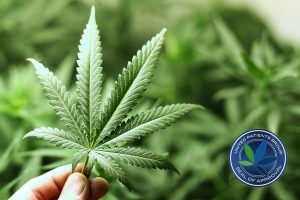 Several research studies suggest medical marijuana could help with the characteristic acute airway constriction attacks due to inflammation that COPD sufferers live with, which may indicate a place for cannabis as a preventive due to its anti-inflammatory properties. Chronic bronchitis, one of the two conditions that fall under the umbrella of COPD, is an inflammatory condition.
Several research studies suggest medical marijuana could help with the characteristic acute airway constriction attacks due to inflammation that COPD sufferers live with, which may indicate a place for cannabis as a preventive due to its anti-inflammatory properties. Chronic bronchitis, one of the two conditions that fall under the umbrella of COPD, is an inflammatory condition.
Both Tetrahydrocannabinol (THC) and cannabidiol (CBD) have been shown to interact with the body’s cannabinoid receptors to help reduce airway inflammation in allergic and asthmatic inflammation; a study in mice suggested that CBD improves overall lung function, which suggests this cannabinoid may be therapeutically useful for inflammatory lung conditions including COPD. And surprisingly, a Canadian study of smokers of both tobacco and marijuana showed that those smokers who smoked only cannabis showed no increased risk of inflammatory lung disease, while those who smoked tobacco alone or tobacco plus marijuana did experience greater rates of inflammatory lung disease.
The Best Routes of Administration for Medical Cannabis for COPD
In addition to anti-inflammatory properties that may help to temporarily open constricted airways and promote easier breathing, medical cannabis has other well-known benefits that can support patients with COPD.
- It promotes better sleep, which is critical for healing and cellular repair
- Cannabis supports the immune system
- Marijuana is an expectorant, helping the lungs to bring up/expel excess phlegm from the lungs
- Medical cannabis reduces pain
But because COPD patients have particular sensitivities to the irritants and potential contaminants that may be present in smoked cannabis, the route of administration is particularly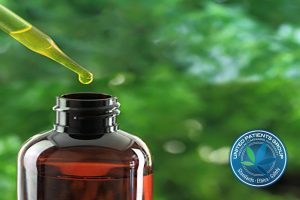 important for this population. Joints are typically unfiltered, which is obviously not optimal for a patient who is already struggling with a lung condition that is sensitized to particulate irritation, and while inhaling smoke that has been pulled through water via a pipe may reduce the likelihood of breathing in bits of errant plant matter, the fact remains, it is still smoke.
important for this population. Joints are typically unfiltered, which is obviously not optimal for a patient who is already struggling with a lung condition that is sensitized to particulate irritation, and while inhaling smoke that has been pulled through water via a pipe may reduce the likelihood of breathing in bits of errant plant matter, the fact remains, it is still smoke.
To eliminate potential negative effects of smoking cannabis for COPD, it can be delivered through alternative routes that bypass and protect delicate lung tissue:
- Vaporization
- Cannabis oil
- Edibles
- Cannabis tea
- Transdermal Patches to name a few.
Patients Speak
 COPD patients and other patients with lung conditions, including metastatic cancer that has taken root in the lungs, have reported success with cannabis extracts taken orally. Donna Esposito, a patient whose stage IV melanoma metastasized to her lungs, says: “I have been fighting this new challenge since 2013, when six lesions were found in my right lung and claimed inoperable. Doctors predicted I would be dead by that December. You cannot always believe what you are told. You must believe in yourself and in your choices, and always seek out alternative treatments.” She uses using FECO oil (Full Extract Cannabis Oil) and as of February, 2017, reported that as of February, 2017, she has been taking nothing for her condition but cannabis oil; hers is not the only success story. Jeff Waters, who was diagnosed with stage 2 and progressed to stage 3, used cannabis oil to treat his own COPD. He recovered and is now a life coach and dedicated to spreading the word about his own experience with the benefits of medical marijuana for the condition.
COPD patients and other patients with lung conditions, including metastatic cancer that has taken root in the lungs, have reported success with cannabis extracts taken orally. Donna Esposito, a patient whose stage IV melanoma metastasized to her lungs, says: “I have been fighting this new challenge since 2013, when six lesions were found in my right lung and claimed inoperable. Doctors predicted I would be dead by that December. You cannot always believe what you are told. You must believe in yourself and in your choices, and always seek out alternative treatments.” She uses using FECO oil (Full Extract Cannabis Oil) and as of February, 2017, reported that as of February, 2017, she has been taking nothing for her condition but cannabis oil; hers is not the only success story. Jeff Waters, who was diagnosed with stage 2 and progressed to stage 3, used cannabis oil to treat his own COPD. He recovered and is now a life coach and dedicated to spreading the word about his own experience with the benefits of medical marijuana for the condition.
Until science brings COPD sufferers a cure, patients may take some comfort in the knowledge that there is a safe, natural means of supporting their health with a natural anti-inflammatory, bronchodilating, antibacterial and pain-relieving non-pharmaceutical therapeutic alternative.


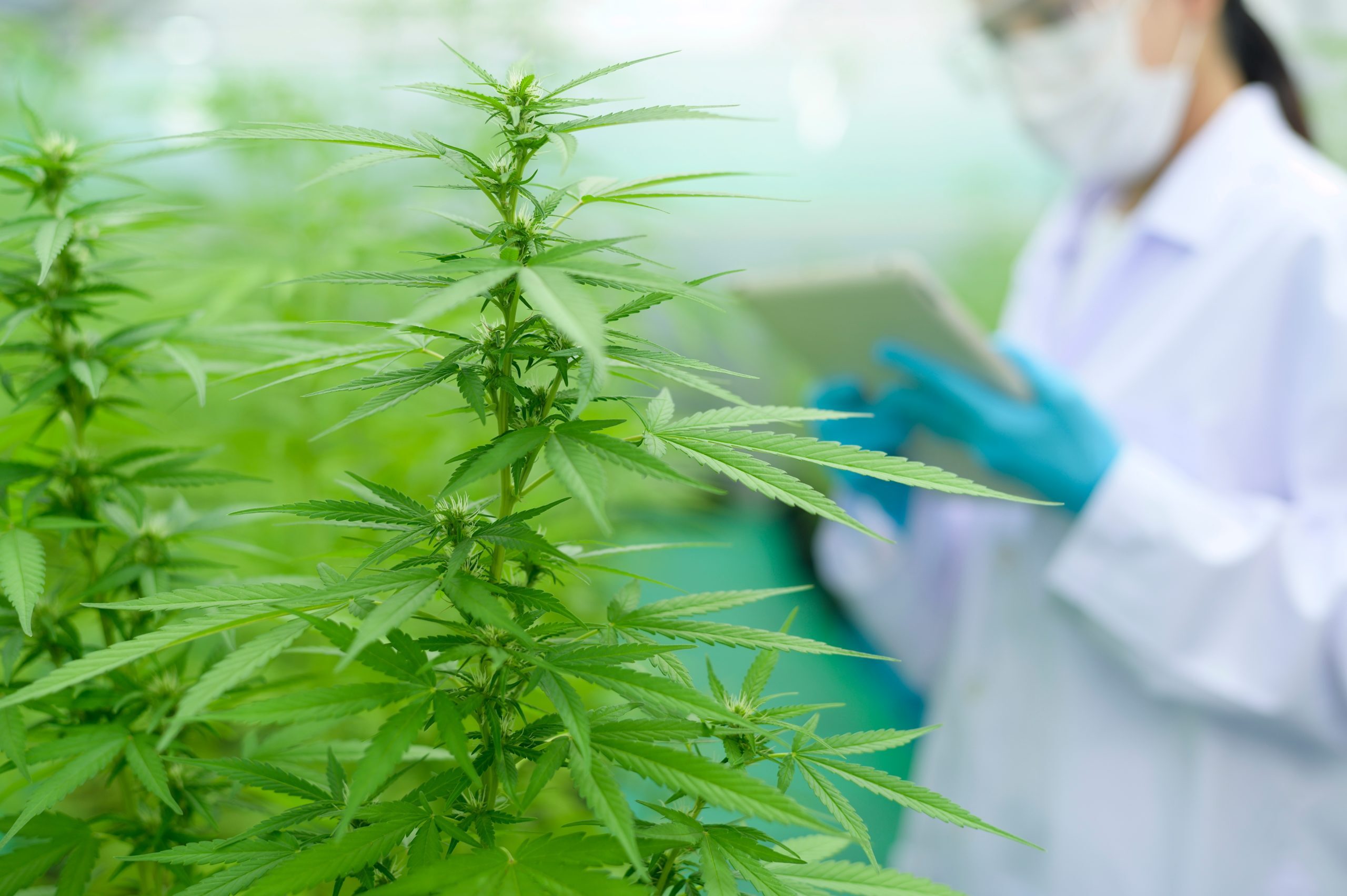

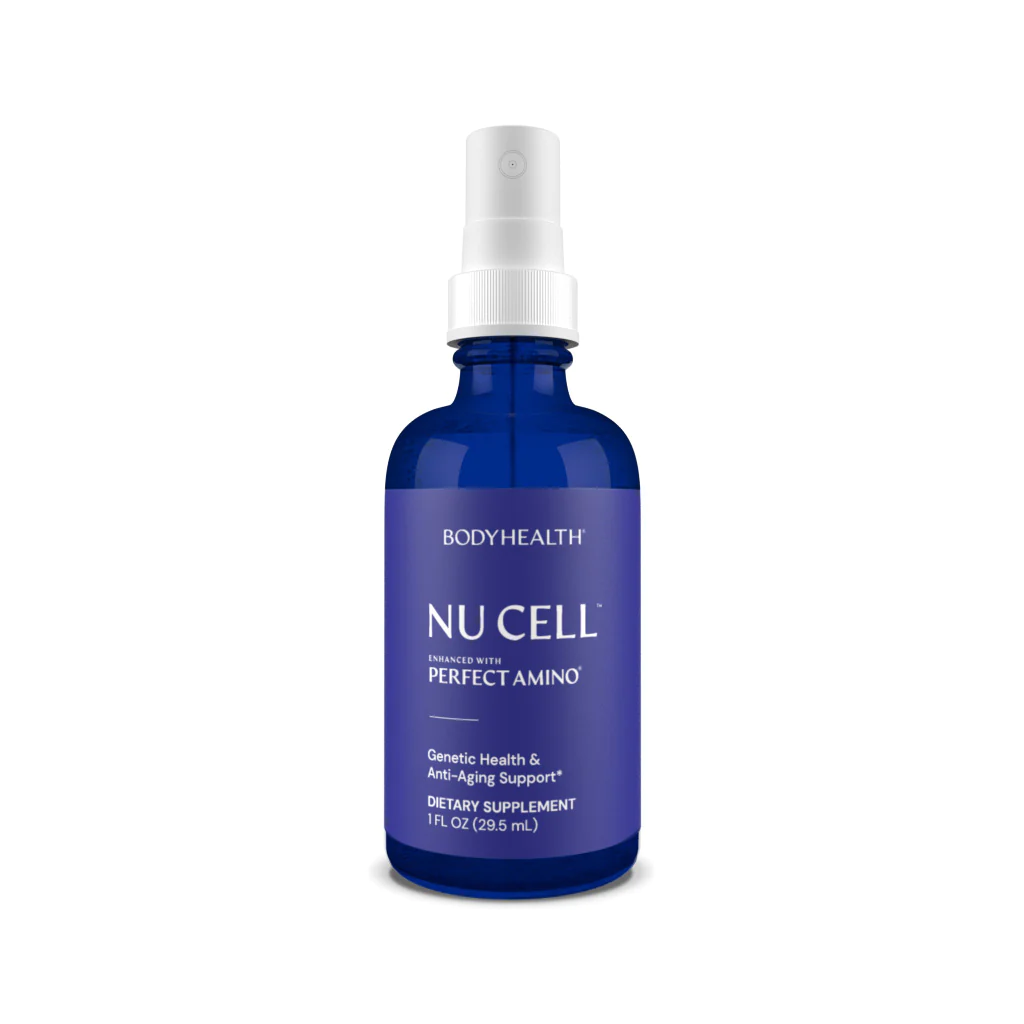

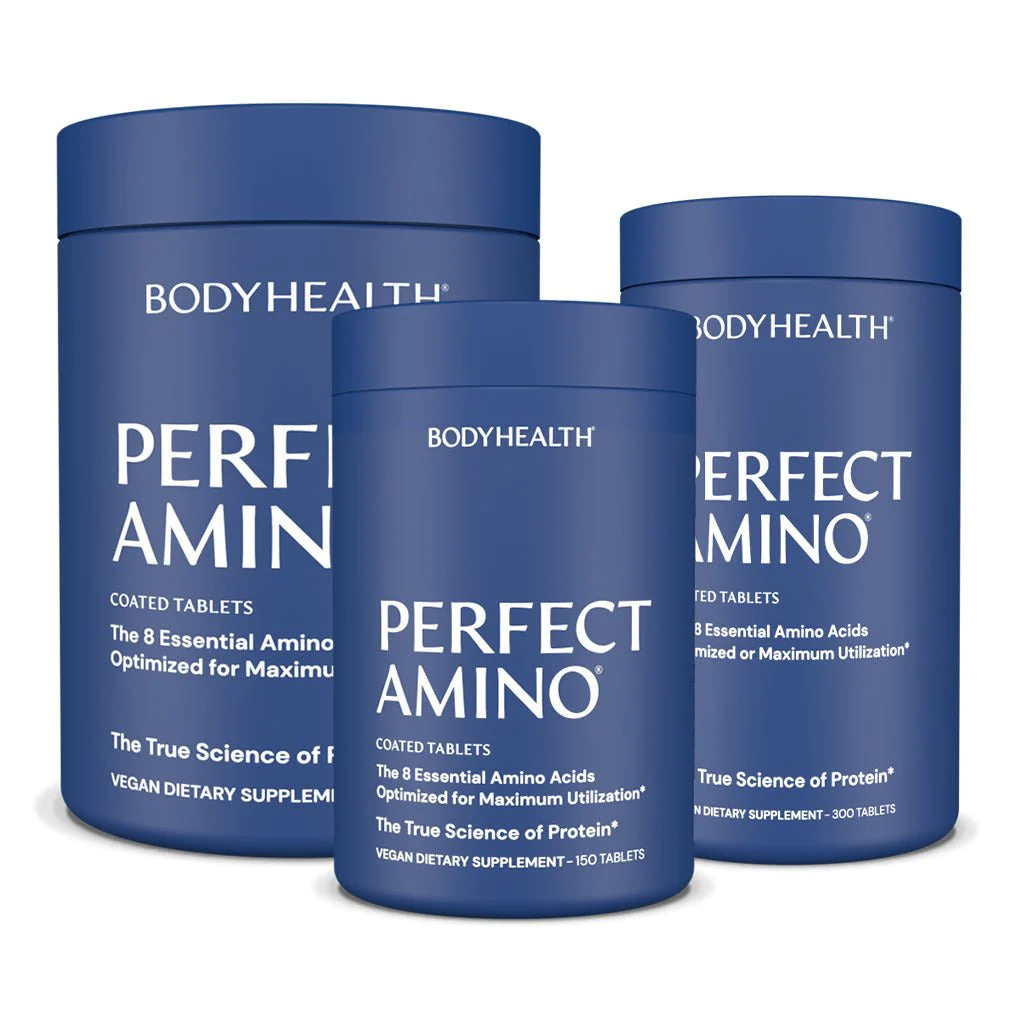
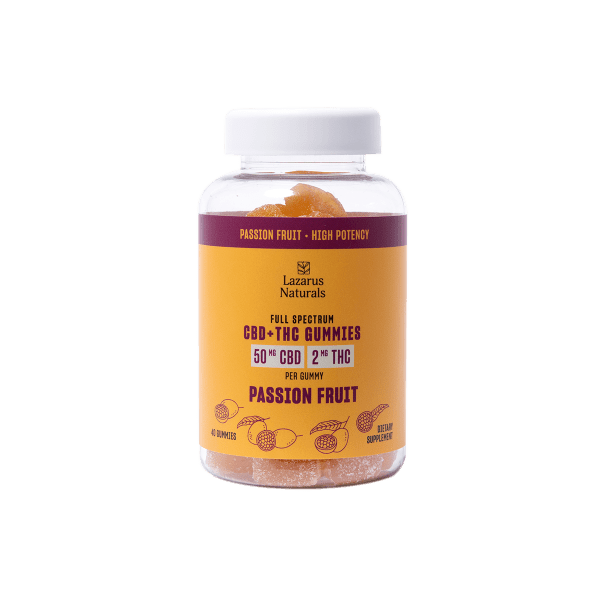
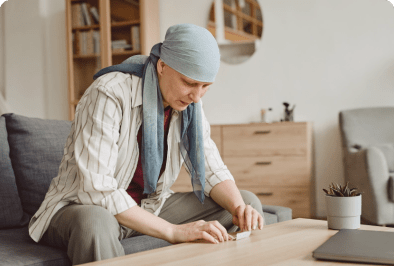


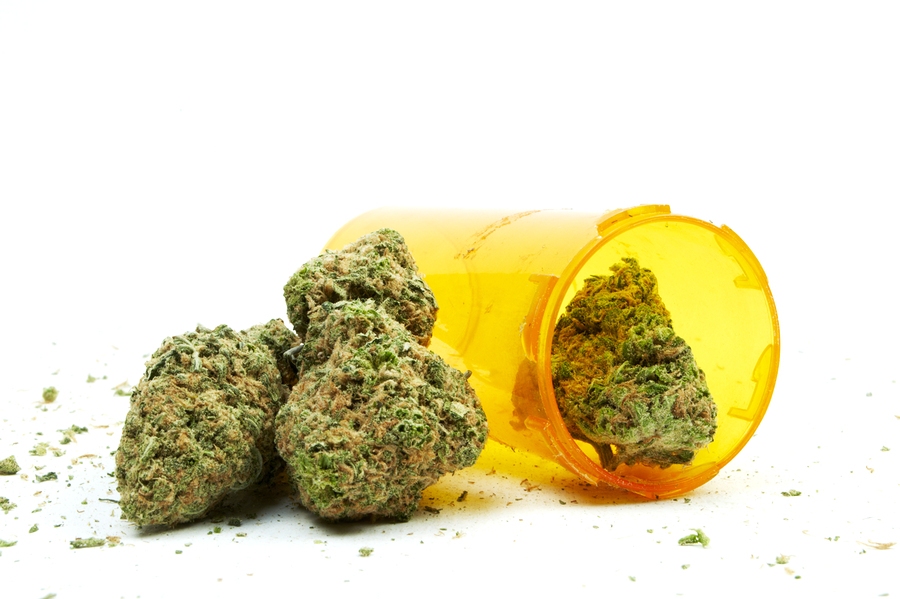

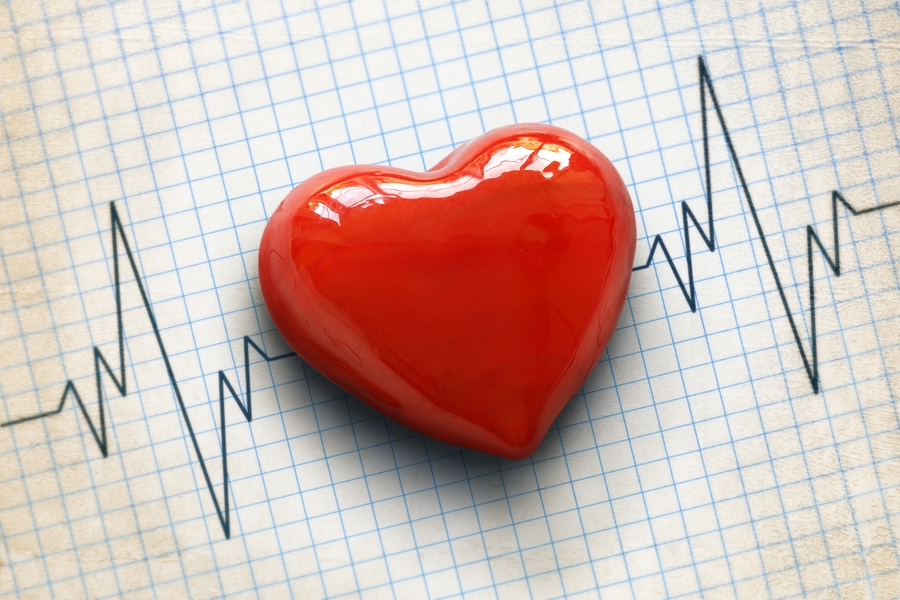
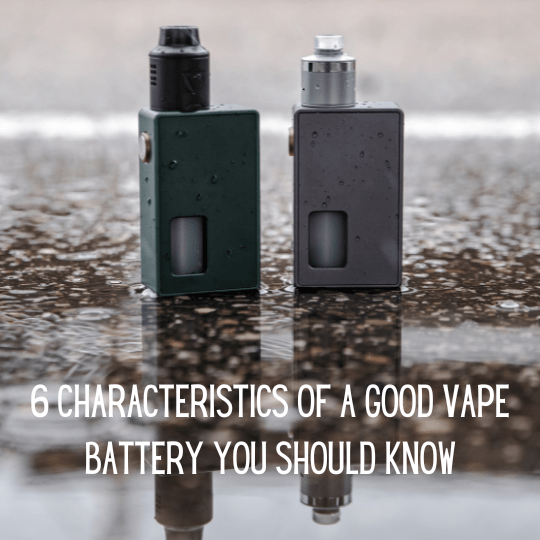
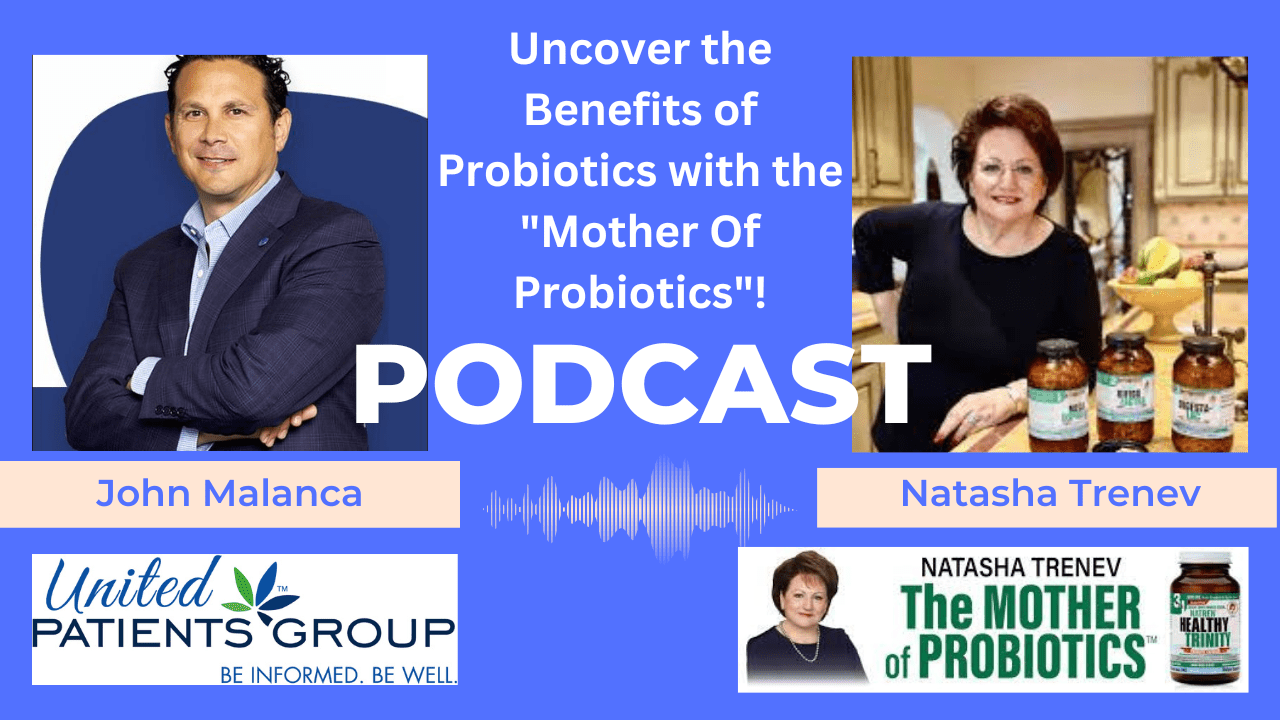
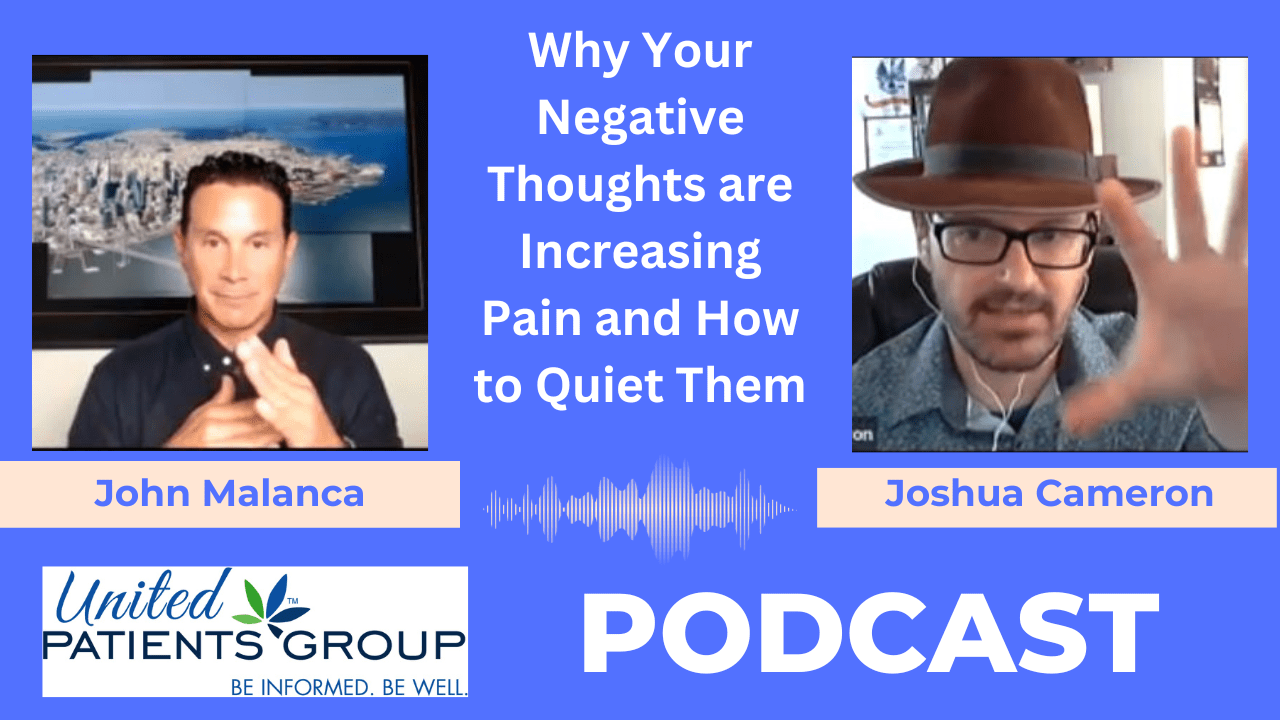
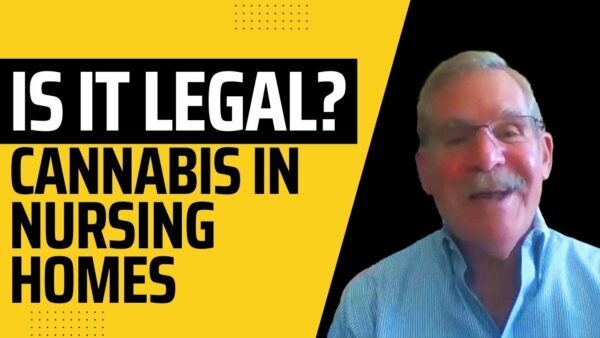
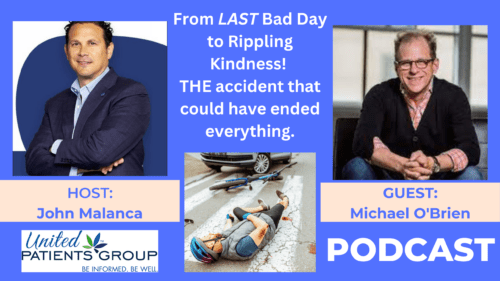
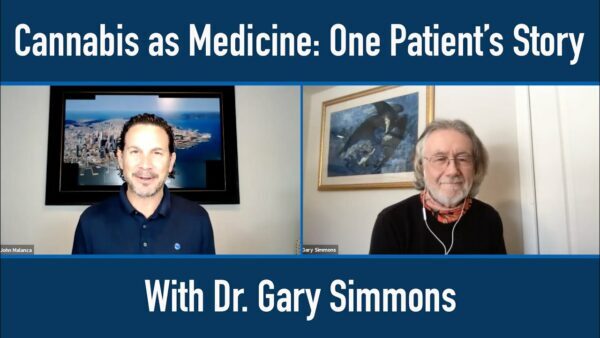
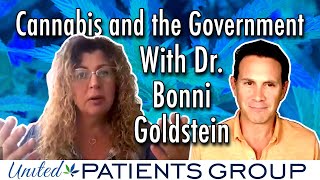


















I believe its time to bring these facts out into the world. There are legitimate and genuine medical
applications of the plant. Physiological basis of its efficacy can no longer be denied. We must take
courage and help all those in need of its medicinal properties. Kudos to you all for this initiative.
We are truly grateful for enlightening us on the Sacred Plant.
I would love to learn how to make the oil and how to use it properly
My husband was to a point with his copd that he needed oxygen 24/7. Even to take a shower or walk room to room he needed oxygen. Desperate I decided to try cbd oil. Nothing happened for a while. But about two months in. Taking a dropper full in the morning and a dropper full at night I could see changes in him. Hardly any shortness of breath and he had good color. He was energetic and moving about the house like a normal person. His oxygen levels are at 96 to 98 with no supplemental oxygen. It is like watching a miracle!!!! I cannot on any level understand why our government would keep this from Americans that need it so desperately! Three months in my husband is walking a mile a day. Lifting small weights and living a normal life!
Thank you for sharing this news.
Keep it up!
Hello,
My name is JoAnn. I have COPD and have been looking into the cbd oil for myself. I still work and was
wondering where you got the oil and what were the affects of it? I have to be able to drive and do my job
But am really looking for some sort of help. I feel I will just keep going down hill if I don’t do something.
Just seems kind of hard to get started with this. Thanks for any info you can give
Joanne, the good news is, CBD oil is NOT intoxicating!
The “bad” news is, cbd works more effectively with at least some THC in it (I’m no doctor, but my web research strongly suggests this).
But…. an option for you may be to medicate during the day (driving) with pure CBD, then the more potent mixture at night. This is assuming no drug test, and I’ll refrain from ranting about the foolishness of companies testing for a substance that stays in your system days or even weeks after the effects are long gone…….but binge drinking all weekend is A-OK!
Do allot of research for a REPUTABLE company to acquire some quality cbd oil. I’ve talked on the phone to the people at “Triple M” (or was it MMM?) which is an acronym for Massachusetts Medical Marijuana, and they seem very legit and dedicated to CLEAN and honest products.
If you do indeed have to test, I’d recommend unemployment insurance, career change, or anything that would allow you to naturally treat your condition (health has to be no.1 to do all the rest).
Praying for your successful recovery and God bless!